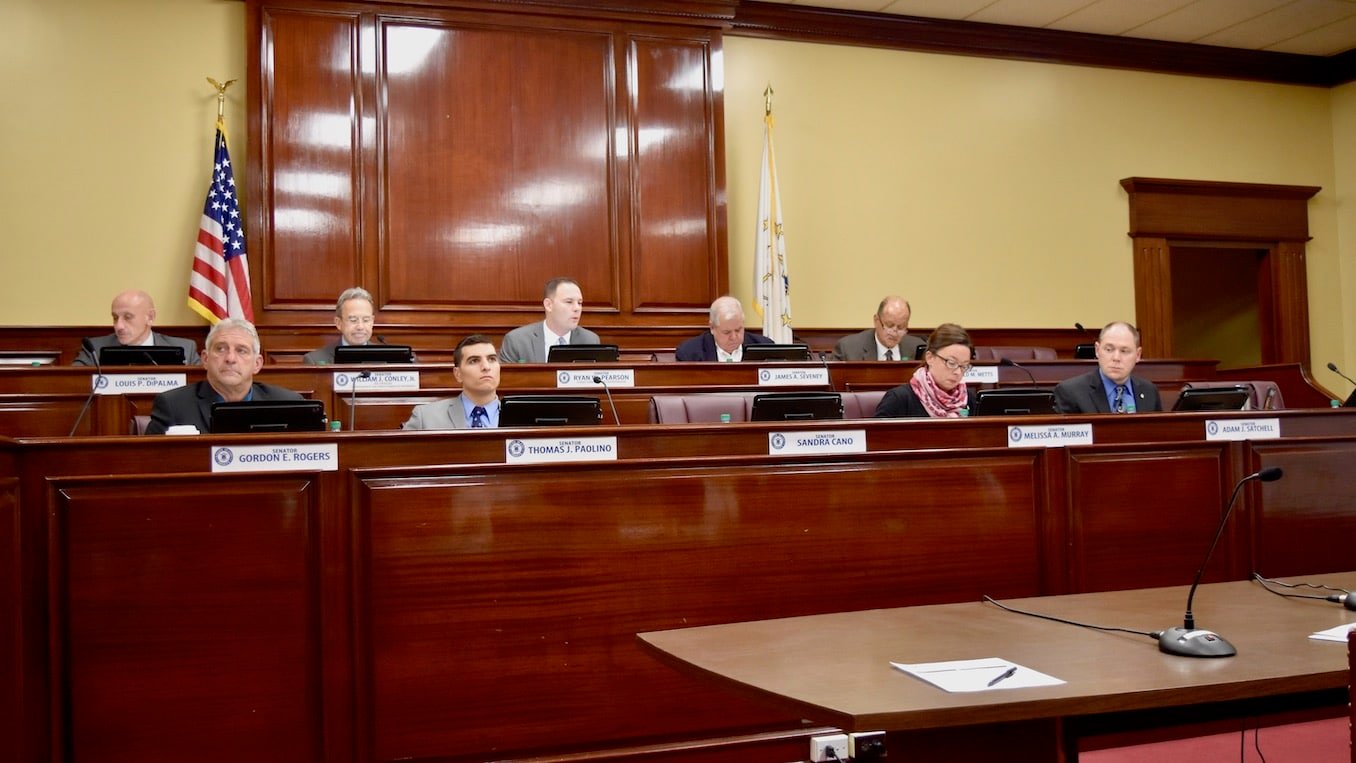What you need to know about the Open Meetings Act during Covid
McKee’s new order allows public meetings by governmental bodies “to be held virtually for any purpose and makes clear that public bodies must provide remote access to their meetings, even if they are able to convene in person.”
January 7, 2022, 10:47 am
By Steve Ahlquist
Rhode Island Governor Daniel McKee issued an executive order on Thursday modifying the Open Meetings Act as a part of the state’s emergency response to Covid-19. Like the executive order issued by former Governor Gina Raimondo on March 9, 2020 that expired on June 24, 2021, McKee’s new order allows public meetings by governmental bodies “to be held virtually for any purpose and makes clear that public bodies must provide remote access to their meetings, even if they are able to convene in person.”
Like the previous executive order, Governor McKee’s directive has a definitive end, though duration of the order is much shorter. The 2020 order had an April 15, 2020 terminal date, with similar conditions. McKee’s executive order expires on February 4, 2022. [Note: this is a correction. A previous version of this piece mistakenly said that Governor Raymond’s order had no fixed expiration date.]
The Rhode Island Attorney General‘s office has offered guidance to state and municipal bodies on how to properly conduct open meetings under the executive order.
- Public bodies may now conduct meetings by telephone or audio or video conferencing, provided that the public body ensures public access to the meeting through adequate, alternative means (such as telephone or video conferencing).
- Any adequate alternative means of public access must be provided for free.
- Adequate alternative means for public access must be provided even if the members of the public body are able to convene in person.
A full explanation of the Executive Order can be found here.






